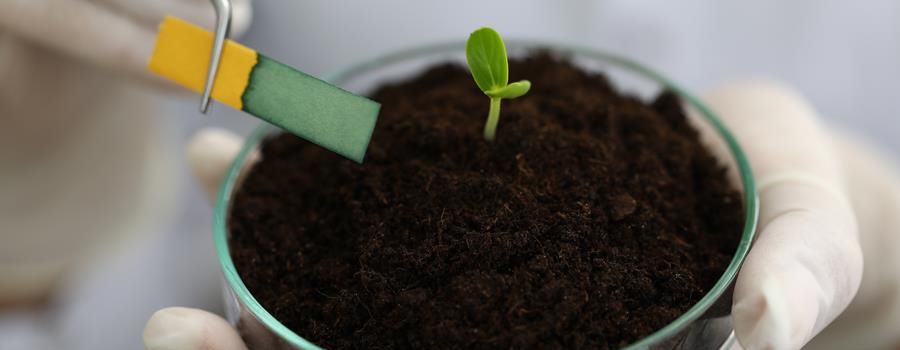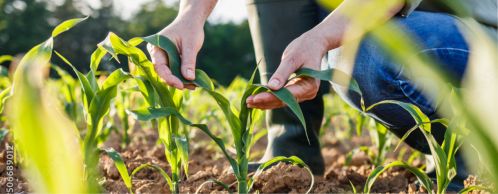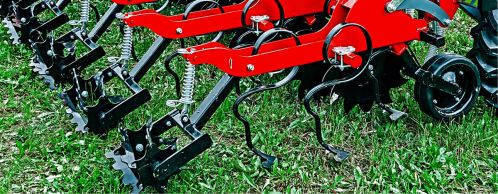
How Soil Sampling Can Help Take Your Yield to the Next Level in 2021
Article By: Cyndi Health and Trevor Black, Black's Valley Ag
As the 2020 crop year comes to a close with winter on our doorstep, now is a great time to take a look at how you can improve your operation for the coming season. With a good crop year and rising commodity prices, now is a great time to think about how to invest in your operation to maximize your efficiency, yield, and return on investment.
One of the best investments you can make as a farmer is to get current soil tests for your ground. These tests should be the foundation on which your fertilizer and lime applications should be built. Without them, there is a very real possibility that you are wasting precious time and money and are limiting your profitability and yield. Here are a few very important things that you can learn from your soil tests to help you next year:
Your Soil pH Levels
Perhaps the most important thing you can do to maximize yields is to make sure that your pH levels are in the correct range for the crop that you are planting. Having a pH that is too low or too high can severely limit the plant's capacity to take up certain nutrients from the soil, causing the plant to be malnourished and your fertilizer to be wasted.
Fall and winter are good times to get your ag lime spread on your fields while the crops are off and the soil is firm. Applying lime is a great way to help maximize the return on your investment for next year's crop.
Your Phosphorus (P) Levels
Phosphorus is an essential nutrient as it helps move and store energy in the plant to help it grow and reproduce, aids it in root production, and helps increase test weight in grain. P is critical especially in cool soils to help get the plant emerged and the roots growing early. If your P levels are too low, you are severely limiting your yield by hurting the plant in its infancy as well as test weight later on.
Phosphorus does not move in the soil so it can be applied year-round, which helps you take advantage of price breaks. Generally, fall can be a great time to spread as nutrient pricing tends to be cheaper, application fees tend to be lower, and you can save precious time and money in the spring.
Your Potassium (K) Levels
Perhaps the most undervalued and under applied nutrient, potassium is typically extremely deficient in the majority of farms in our area. This is unfortunate, as potassium is so immensely important for crop yields. Potassium helps move nutrients and water through the plant and is critical for plant health and grain production.
Most growers know that legumes, such as alfalfa and soybeans, require a lot of K in order to gain yield, but it is just as important in corn. In corn production we tend to focus primarily on nitrogen, but potassium is just as important. If your K levels are too low the corn plant has difficulty absorbing water, gaining energy from photosynthesis, getting nutrients from the roots to the ear, and has poor stalk strength and health. In short, the corn has drastically less drought tolerance, poor plant health, less food from sunlight, more nutrient deficiencies, weak stalks, lower digestibility, and more plant diseases and rots.
>We cannot stress enough the importance of potassium for all of our crops. The good thing is that K generally does not move in the soil and, like phosphorus, can be applied in the fall.
Soil testing is so important to helping you know how to invest your money into next year's crop so you can maximize your return at the end of the year. Not knowing what your soil needs is like trying to cook a meal with your eyes closed: you are blindly throwing ingredients into the pan and hoping that it will turn out in the end. Soil sampling is the recipe you follow to help you be more efficient with your fertilizer, money, and time. Now is the time to try and invest in your soils and build them up to where they need to be so you can reap the rewards in the future.
_________________________________________________________________
Cyndi Heath and Trevor Black are with Black's Valley Ag, a full-service agricultural retailer specializing in field seed, fertilizer, chemicals, agronomy, precision ag, nutrient management and more. For additional information, visit www.blacksvalleyag.com or call 715.672.4255.



